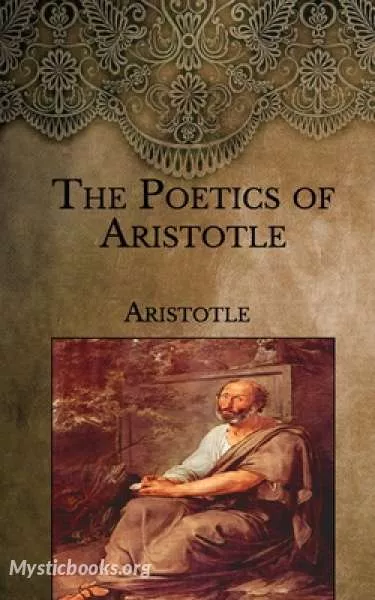
Poetics
by Aristotle
'Poetics ' Summary
The table of contents page of the Poetics found in Modern Library's Basic Works of Aristotle (2001) identifies five basic parts within it.
-
Preliminary discourse on tragedy, epic poetry, and comedy, as the chief forms of imitative poetry.
-
Definition of a tragedy, and the rules for its construction. Definition and analysis into qualitative parts.
-
Rules for the construction of a tragedy: Tragic pleasure, or catharsis experienced by fear and pity should be produced in the spectator. The characters must be four things: good, appropriate, realistic, and consistent. Discovery must occur within the plot. Narratives, stories, structures and poetics overlap. It is important for the poet to visualize all of the scenes when creating the plot. The poet should incorporate complication and dénouement within the story, as well as combine all of the elements of tragedy. The poet must express thought through the characters' words and actions, while paying close attention to diction and how a character's spoken words express a specific idea. Aristotle believed that all of these different elements had to be present in order for the poetry to be well-done.
-
Possible criticisms of an epic or tragedy, and the answers to them.
- Tragedy as artistically superior to epic poetry: Tragedy has everything that the epic has, even the epic meter being admissible. The reality of presentation is felt in the play as read, as well as in the play as acted. The tragic imitation requires less time for the attainment of its end. If it has more concentrated effect, it is more pleasurable than one with a large admixture of time to dilute it. There is less unity in the imitation of the epic poets (plurality of actions) and this is proved by the fact that an epic poem can supply enough material for several tragedies.
Aristotle also draws a famous distinction between the tragic mode of poetry and history. Whereas history deals with things that took place in the past, tragedy concerns itself with what might occur, or could be imagined to happen. History deals with particulars, whose relation to one another is marked by contingency, accident or chance. Contrariwise, poetic narratives are determined objects, unified by a plot whose logic binds up the constituent elements by necessity and probability. In this sense, he concluded, such poetry was more philosophical than history in so far as it approximates to a knowledge of universals.
Book Details
Language
EnglishOriginal Language
Ancient GreekPublished In
Authors
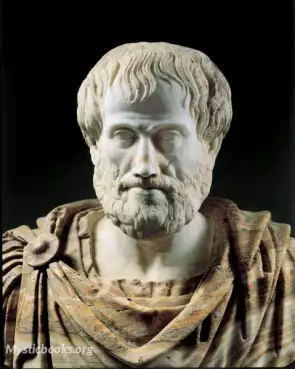
Aristotle
Greece
Aristotle (384–322 BC) was a Greek philosopher and polymath during the Classical period in Ancient Greece. Taught by Plato, he was the founder of the Lyceum, the Peripatetic school of philosophy...
Books by AristotleDownload eBooks
Listen/Download Audiobook
- Select Speed
Related books
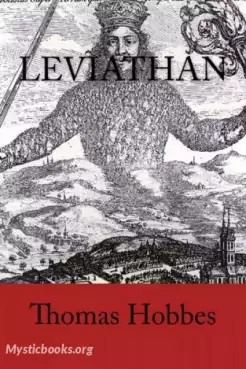
Leviathan, or The Matter, Forme and Power of a Common Wealth Ecclesiasticall and Civil by Thomas Hobbes
Leviathan or The Matter, Forme and Power of a Commonwealth Ecclesiasticall and Civil, commonly referred to as Leviathan, is a book written by Thomas H...
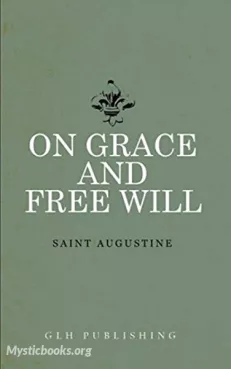
On Grace And Free Will by Saint Augustine of Hippo
It explores the complex relationship between grace and free will, two concepts that are central to Augustine's understanding of salvation and the natu...
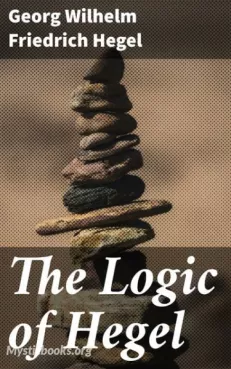
The Logic of Hegel by Georg Wilhelm Friedrich Hegel
In "The Logic of Hegel" by the renowned philosopher Georg Wilhelm Friedrich Hegel, embark on a profound intellectual journey through the intricate lab...
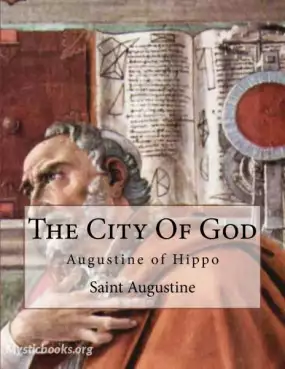
The City of God, Volume 2 by Saint Augustine of Hippo
On the city of God against the pagans, often called The City of God, is a book of Christian philosophy written in Latin by Augustine of Hippo in the e...
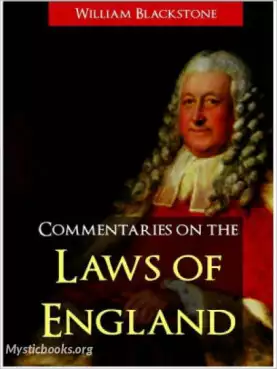
Commentaries on the Laws of England. Book 1 by William Blackstone
The Commentaries were long regarded as the leading work on the development of English law and played a role in the development of the American legal s...
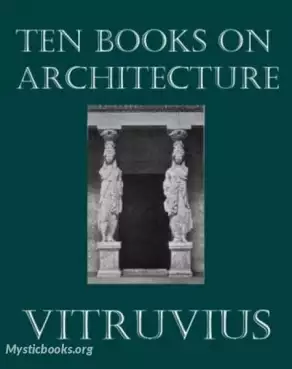
Ten Books on Architecture, De architectura by Marcus Vitruvius Pollio
De architectura is a treatise on architecture written by the Roman architect and military engineer Marcus Vitruvius Pollio and dedicated to his patron...
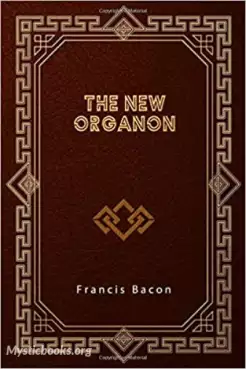
The New Organon by Francis Bacon
The Novum Organum is a philosophical work by Francis Bacon published in 1620. The title translates as "new instrument". This is a reference to Aristot...
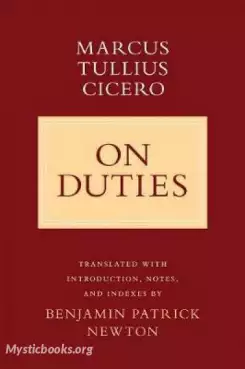
On Duties by Marcus Tullius Cicero
De Officiis (On Duties or On Obligations) is a 44 BC treatise by Marcus Tullius Cicero divided into three books, in which Cicero expounds his concepti...
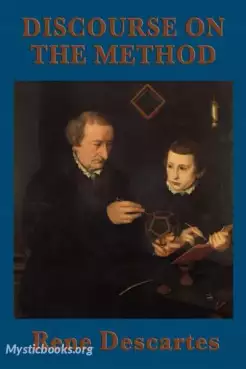
Discourse on the Method of Rightly Conducting One's Reason and of Seeking Truth in the Sciences by René Descartes
Discourse on the Method of Rightly Conducting One's Reason and of Seeking Truth in the Sciences is a philosophical and autobiographical treatise publi...
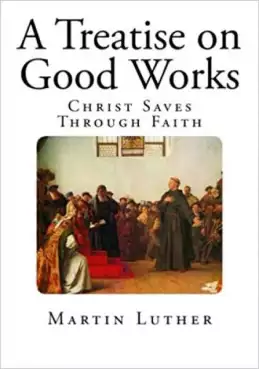
A Treatise on Good Works by Martin Luther
In this exposition of the Ten Commandments, Martin Luther attempts to build a bridge between justification by faith and the life of the Christian mani...
Reviews for Poetics
No reviews posted or approved, yet...